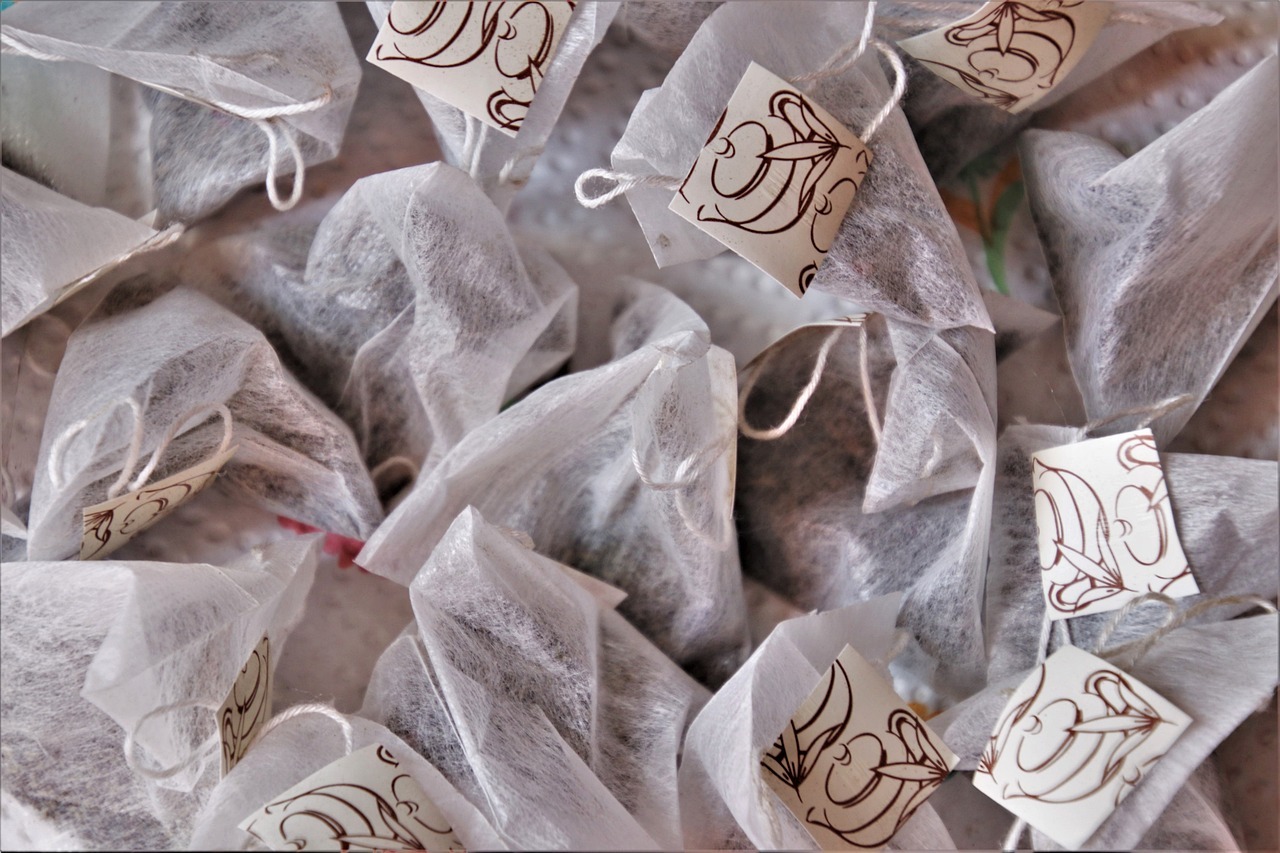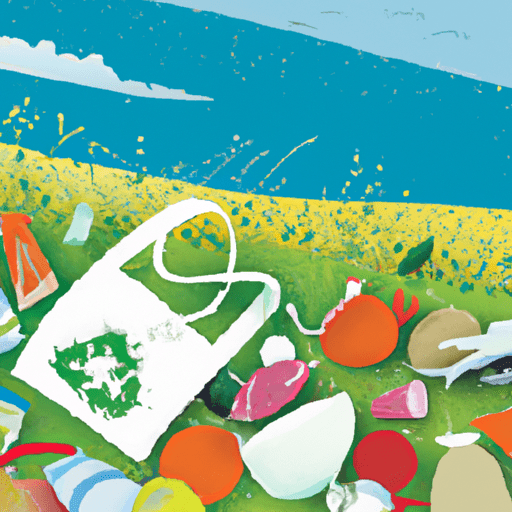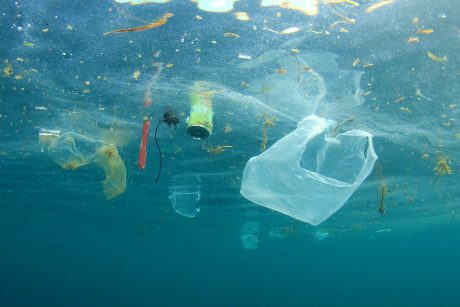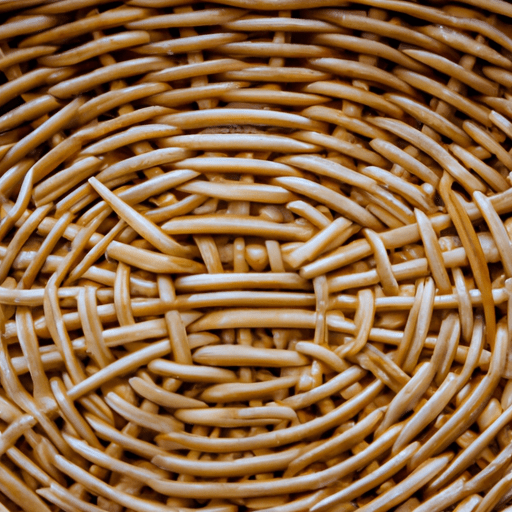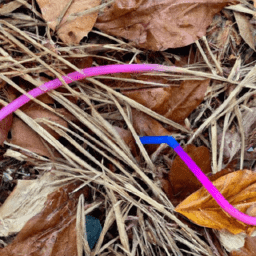Study Finds Not all Tea Bags Decompose
Discover shocking findings from a study on tea bags! Not all biodegradable tea bags decompose as expected, raising concerns about their impact on the environment. Learn more here.
The recent study on tea bags made from biodegradable materials has revealed some concerning findings. It was discovered that teabags made from polylactic acid (PLA) do not break down in soil, potentially posing a threat to the environment and terrestrial species. Even teabags made from a combination of cellulose and PLA still retained the harmful PLA component. The study highlighted the importance of clear disposal information on product packaging and the need for accurate labeling and guidance for biodegradable plastics. These results raise important questions about the impact of seemingly eco-friendly products on our ecosystem and emphasize the need for responsible waste management practices.
Have you ever wondered what happens to your tea bags after you dispose of them?
Tea bags have long been a staple in many households as a convenient way to enjoy a warm cup of tea. However, recent studies have shown that not all tea bags are created equal when it comes to their impact on the environment. In fact, some tea bags made from biodegradable materials may not actually decompose as expected, leading to potential harm to the ecosystem. Let’s dive into the details of this surprising finding and what it means for tea lovers and environmental enthusiasts alike.
The Surprising Results of the Study
A recent study conducted on various types of teabags has revealed some shocking results. Researchers found that biodegradable teabags made from PLA (polylactic acid), a type of bioplastic, do not fully deteriorate when placed in soil. This unexpected discovery raises concerns about the impact of these teabags on the environment, particularly in composting systems where they are commonly disposed of.
Why Do PLA Teabags Pose a Problem?
PLA teabags are designed to be environmentally friendly alternatives to traditional plastic teabags. However, the study showed that these teabags do not break down completely in soil, leading to the retention of the PLA component. This can be problematic as PLA is not easily biodegradable in typical composting conditions, potentially causing long-term harm to the environment.
In addition, exposure to teabag discs was found to have detrimental effects on earthworm mortality and reproduction. Earthworms play a crucial role in maintaining soil health by breaking down organic matter and aerating the soil. Any negative impact on earthworm populations can have far-reaching consequences for the ecosystem as a whole.

The Importance of Clear Disposal Information
One of the key takeaways from this study is the importance of providing clear disposal information on product packaging. Many consumers may assume that biodegradable teabags can simply be disposed of in their compost bins without realizing the potential harm they may cause. By including accurate labeling and disposal guidance on teabag packaging, manufacturers can help consumers make more informed choices about how to dispose of their teabags responsibly.
What Can You Do?
As a consumer, you have the power to make a positive impact on the environment by choosing products that are truly environmentally friendly. When it comes to tea bags, opt for brands that provide clear disposal information and prioritize sustainability in their packaging. By making informed choices about the products you use, you can help reduce the negative impact of biodegradable plastics on the environment.

The BIO-PLASTIC-RISK Project and Its Findings
The research on non-degradable teabags is part of the BIO-PLASTIC-RISK project funded by the Natural Environment Research Council (NERC). This project aims to assess the environmental risks associated with the use of biodegradable plastics in various applications, including packaging materials like teabags.
What Have Researchers Discovered?
In addition to the findings on PLA teabags, researchers have also identified the need for more accurate labeling and disposal guidance for biodegradable plastics in general. Proper disposal of these materials is crucial to prevent harm to the environment and ensure that they do not have unintended consequences on wildlife and ecosystems.

The Future of Biodegradable Plastics
While the study on non-degradable teabags raises concerns about the impact of biodegradable plastics, it also highlights the importance of ongoing research and innovation in this field. As technology advances, there is the potential to develop bioplastics that truly break down in the environment without causing harm to soil health or wildlife.
What Can You Expect?
In the coming years, we can expect to see advancements in biodegradable plastics that address the shortcomings identified in current products. Manufacturers are likely to invest in research and development to create more sustainable alternatives to traditional plastics, including teabags that decompose fully and do not pose a risk to the environment.
As you reflect on the findings of this study, consider how you can make more environmentally conscious choices in your daily life. By staying informed and taking action to support sustainable practices, you can play a vital role in protecting the planet for future generations. Let’s raise awareness about the importance of responsible disposal and encourage others to join us in making a positive impact on the environment.
